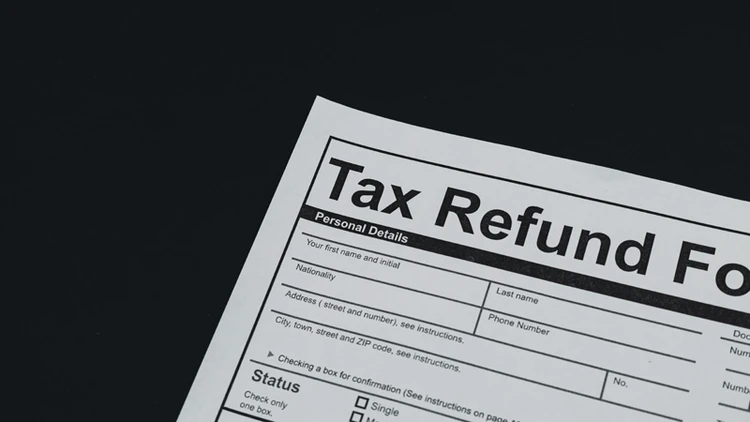If you filed one of these claims, it wont be fun

During the past tax season, thousands of taxpayers filed inflated refund claims based on inaccurate social media advice, prompting the Internal Revenue Service (IRS) to issue a consumer alert.
If you filed a Fuel Tax Credit, the Sick and Family Leave Credit, and Household Employment taxes this may apply to you.
The IRS has seen thousands of suspicious claims come in where it looks like taxpayers are claiming credits when they aren't eligible. In turn, the IRS is delaying those refunds and requiring taxpayers to show they have valid documentation to support those claims.
Thanks a lot, social media
The IRS has its hands full with scams this time around most of them built on fabricated myths that taxpayers can get a huge refund if they play the game right. Those include the Fuel Tax Credit scam, bad social media advice and ghost preparers.
Scam artists and social media posts have perpetuated a number of false and misleading claims that have tricked well-meaning taxpayers into believing theyre entitled to big, windfall tax refunds, said IRS Commissioner Danny Werfel. These bad claims have been caught during our fraud review process. Taxpayers who filed these claims should realize theyve been tricked, and they face an extensive review process and a long potential wait if theyre owed a refund for other things.
The specifics on what claims are in question
The reason why the IRS has flagged these claims is basically because they are limited to very specialized situations. The vast majority of the related claims coming in do not qualify:
Credits for Sick Leave and Family Leave. This specialized credit Form 7202, Credits for Sick Leave and Family Leave for Certain Self-Employed Individuals was available for self-employed individuals for 2020 and 2021 during the pandemic, but it was not available for 2023 tax returns.
Fuel Tax Credit. Most of us dont even come close to qualifying for this credit. Its a specialized credit specifically designed for off-highway business and farming use. Taxpayers have to have both a business purpose and a qualifying business activity such as running a farm or purchasing aviation gasoline to be eligible.
Household Employment taxes. In this credit, taxpayers may have invented fictional household employees and then filed Schedule H (Form 1040), Household Employment Taxes, to claim a refund based on false sick and family medical leave wages they never paid.
Heres what could happen if you filed one of these claims
If you fell for one of these traps, youll need to verify your qualification for the claim. Worse, you could face a nasty and steep financial penalty, and face follow-up audits or criminal prosecution.
You wont get called by the IRS (that would be a whole different scam) about the issue if you did ask for one of these credits, but if your refund was frozen you will most likely receive one of several letters from the IRS asking for additional information.
The first thing youll have to do is verify your identity. In these situations, if they filed the return in question, they should review whether their tax return is accurate. For example, did they actually qualify for one of the three credits listed above?, the IRS noted. Or if they used a tax preparer, check to see if the preparer actually signed the tax return. When tax preparers dont sign a tax return, it is a red flag that the taxpayer is being misled.
If you did make this mistake, the IRS may also require you to amend remove tax return to remove the improperly claimed credit.
Taxpayers should use the IRS.gov tool Should I File an Amended Return? to determine if they should amend their return. If they submit an amended return, they do not need to visit a TAC.
To get ahead of the potential trouble and avoid penalties and subsequent follow-up action by the IRS, if you incorrectly filed for these claims, you need to promptly submit an accurate tax return without the claims. Taxpayers can visit the IRS tool Should I File an Amended Return? to determine if you should amend your return.
If they submit an amended return, they do not need to visit an IRS Taxpayer Assistance Center. Taxpayers in this situation can also visit a trusted tax professional for advice, the IRS said.
Photo Credit: Consumer Affairs News Department Images
Posted: 2024-05-14 15:31:30




















